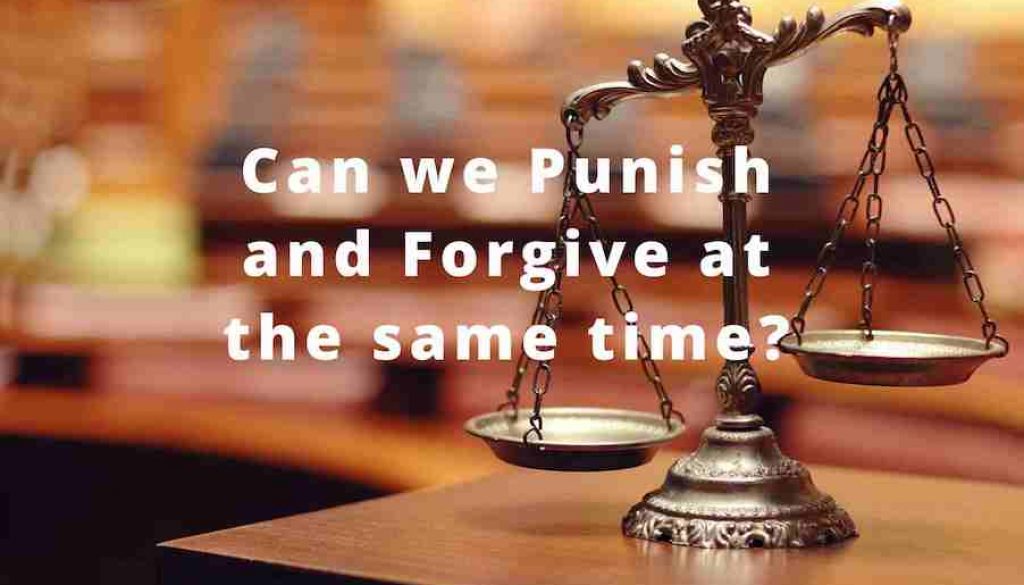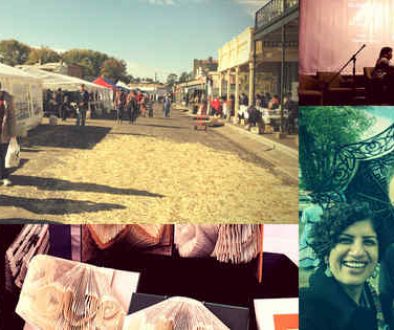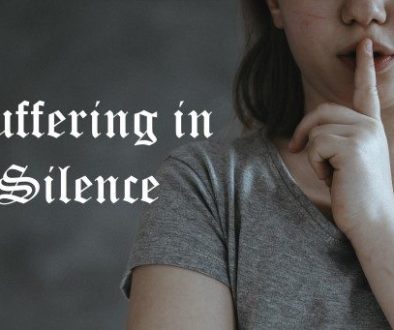Can we Punish and Forgive at the same time?
In my last blog Let the Perpetrators Roam the City, I explored the idea of what punishment can mean for perpetrators and whether there are any other ways for them to stop their abusive behaviour.
I must confess – I feel that I am betraying all the survivors and myself by suggesting “empathy” for perpetrators; after all, they do need to be punished, but it feels like that the story shouldn’t end there. These blogs have been quite hard to write because I am digging deeper into my own relationship with my perpetrators and trying to somehow make sense of it all.
I feel compelled to share some of the folklore that I grew up with. The story belongs to the era of the emergence of Islam. Before Islam, people lived in tribes; there wasn’t much education, and the tribal rules were very barbaric. “Eye for an eye” was a common practice then. Prophet Muhammad (p.b.u.h.) tried to bring more “just” rules into a world that didn’t quite work that way.
The story is of two men – let’s call them Asim and Qasim who belonged to two different tribes. There was a fight of sorts between Asim and Qasim and Asim had cut one of Qasim’s hands from the wrist. As per the rules of the tribes, Qasim’s tribe wanted to cut Asim’s hand as well. The matter was brought to the prophet Muhammad (p.b.u.h.).
Muhammad said to Qasim that he is fully allowed to cut Asim’s hand as an “eye for an eye punishment.”
“But,” Muhammad said
“You can only cut his hand so that it matches what he has taken from you. You cannot cut even a millimetre more or less if justice were to prevail.”
Men from Qasim’s tribe looked at each other with confusion and wonder. How could they ensure that they have taken “exactly” what had been taken from them? In their rage, they couldn’t guarantee a “just” punishment; they couldn’t cut his hand accurately and exactly. In the end, they chose not to cut Asim’s hand and the matter was resolved with other means.
This story brings an important realisation to me:
It’s very easy for the punishment to come from the place of “revenge”. It’s very easy for victims to fall into the trap of “I have suffered and that’s why I want my perpetrator to suffer as well. They must pay for what they have done”
When punishment comes from this place – it’s all about the victim. They feel that by making the perpetrators suffer, they will feel better and somehow their troubles will go away.
I think it’s important to differentiate the two processes – Punishment as a form of justice and forgiveness.
Punishment is a process for the perpetrator to confront what they have done.
Forgiveness is a process for the victim to own their healing, independent of their perpetrators.
And the question is, can we do both as survivors?
This has been a harder question to answer and my partner helped a lot in this regard. He suggested that I listen to Rob Bell’s podcast “Drop the Jawbone“. Rob Bell is a Christian but you could say that he is very eccentric in his speech and manner. He talks about revenge, justice and forgiveness and how they are distinctly different from each other. He speaks so beautifully that I cannot hold a candle to the guy.
I also realise that I cannot justly inflict the exact pain upon my perpetrators that I have suffered… There is no possible way to do that. My desires in the past to punish them have come from a place of revenge rather than justice. I wanted them to suffer rather than confront their actions.
In the end, I couldn’t punish my perpetrators due to the international nature of the crime so I was forced to look at my own journey of healing. I feel that this has been a blessing in disguise because it has given me the freedom to explore my own journey and somehow break my connection to my perpetrators. The process has been difficult but liberating because I no longer rely on their suffering to feel better.
I am free.




September 16, 2017 @ 9:51 pm
Just wanted to say how insightful & empowering your posts are Ruby. Thank you for sharing your journey. X
September 17, 2017 @ 9:29 am
Thank you Steve. This means a lot to me to hear